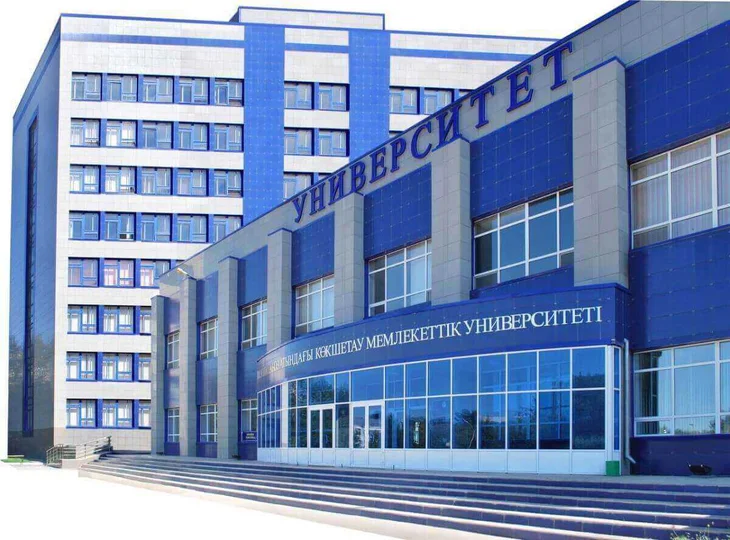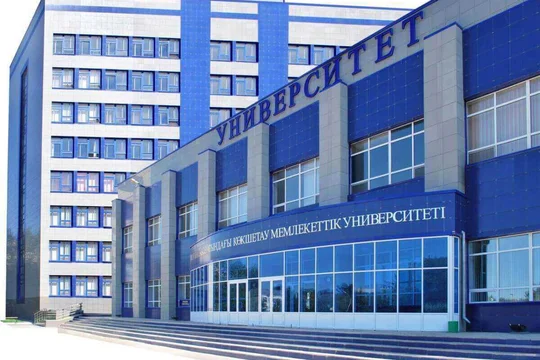Life safety and environmental protection

Educational program code
6B11203
Language of instruction
Kazakh, Russian
Learning level
Undergraduate
Duration of study
4 year
Specialized subjects
Physics
Mathematics
Objectives of the educational program
- Bachelor's degree training in the field of services based on fundamental natural science knowledge and the formation of professional competencies in demand in industrial, technological, organizational, managerial and research activities in the field of industrial safety and ecology.
- Organization and management of environmental management in industry
- Fundamentals of radiation safety
- Protection of atmospheric air from pollutiony
- Legal foundations of ecology and life safet
- Rescue equipment and emergency communications
- Technical regulation of industrial safety
- Aspiration and disposal of industrial waste
- Certification of production facilities according to working conditions
- Engineering systems, networks and equipment
- First aid methods
- Metrology, standardization and certification in the Belarusian Railways
- Ensuring chemical and biological safety
- Fundamentals of electrical safety
- Fire and explosion safety
- Industrial sanitation and occupational hygiene
- Heat engineering
- Environmental assessment and audit
- The economy of the enterprise
- Expertise of engineering solutions by industry
Learning outcomes and competencies
- Apply basic knowledge in natural science, socio-humanitarian and economic disciplines that contribute to the formation of a highly educated personality with a broad outlook and a culture of thinking;
- To recognize the main natural and technosphere hazards, their properties and characteristics, the nature of the impact of dangerous and harmful factors on humans and the natural environment;
- Evaluate and systematize information, apply logic and dialectics as a conscious method of cognition of economic phenomena in their interrelation
- Perform an expert and analytical assessment of the studied objects from the point of view of industrial sanitation, including an analysis of the degree of their danger to people and the environment;
- To assess the danger of industrial technologies and potentially hazardous production processes, to assess the safety of the means used, devices for working on production equipment; to make decisions that minimize the impact of dangerous and harmful production factors on workers;
- To find solutions to specific engineering tasks to prevent emergencies of a natural, man-made nature and industrial injuries, to master the use of methods and means of protection against dangerous and harmful factors;
- Perform calculations to justify fire-hazardous categories of buildings, lightning protection of buildings and structures, evacuation time in case of fire in buildings and structures;
- To use modern technologies and methods of examination in their professional activities;
- Apply the skills necessary for professional daily activities, be able to develop basic regulatory documentation on compliance with norms, rules and standards of occupational safety, protection in emergency situations and environmental protection;
- To ensure safe operation with ionizing radiation sources, their dosimetry and control, to work with dosimetric control devices.
